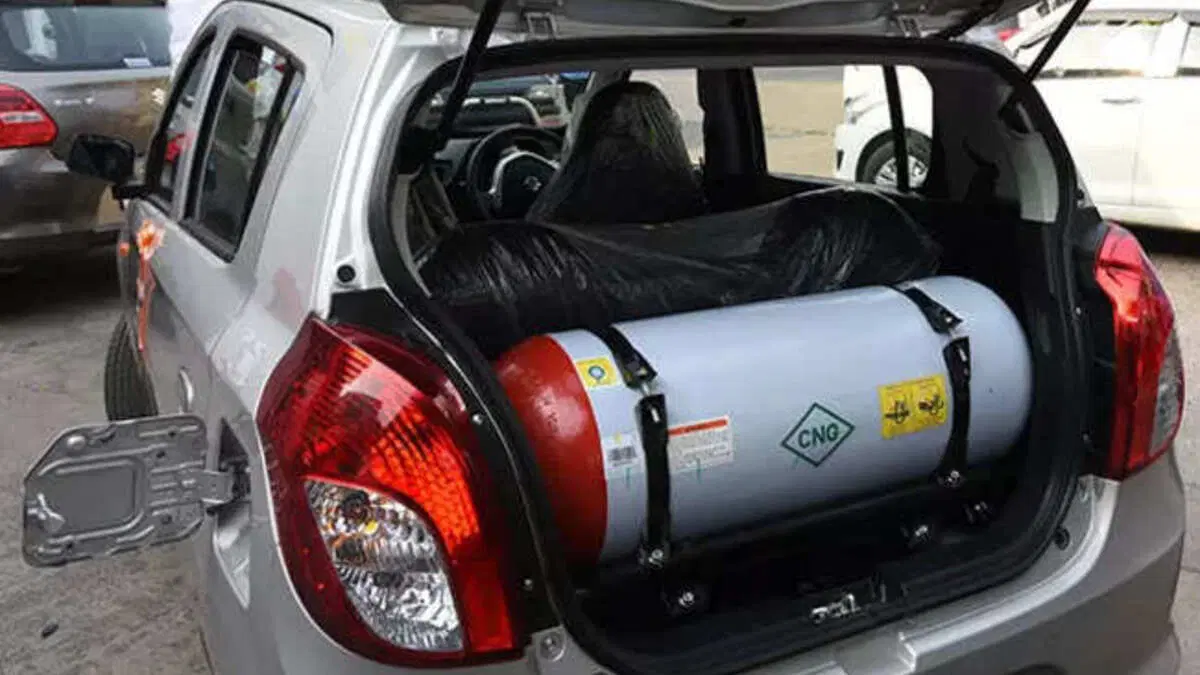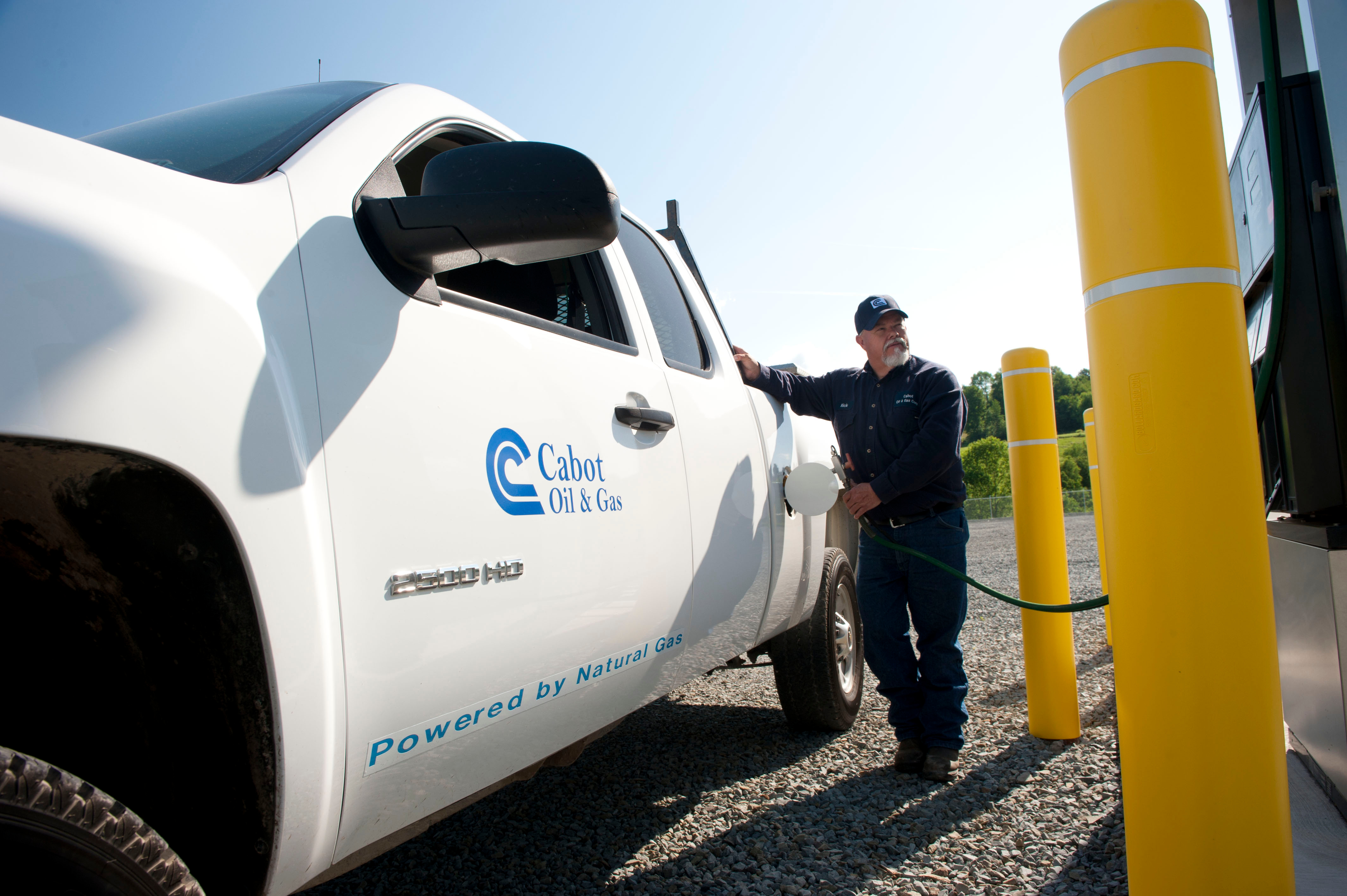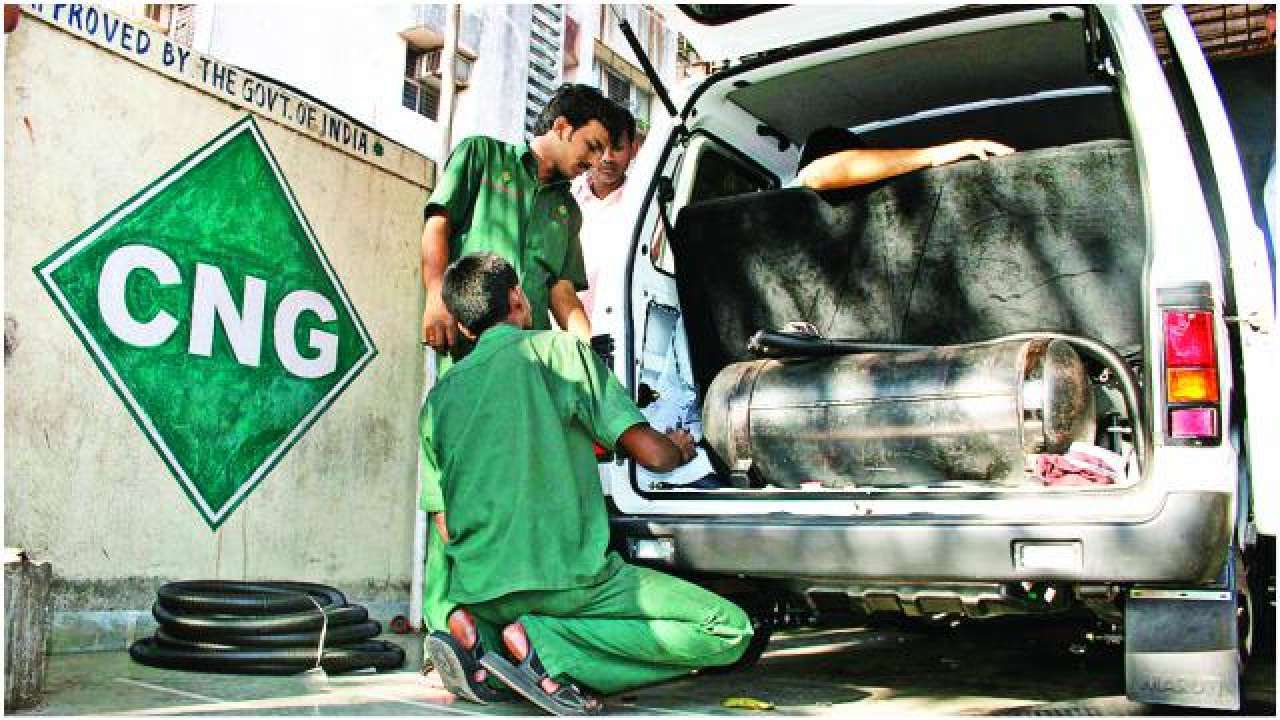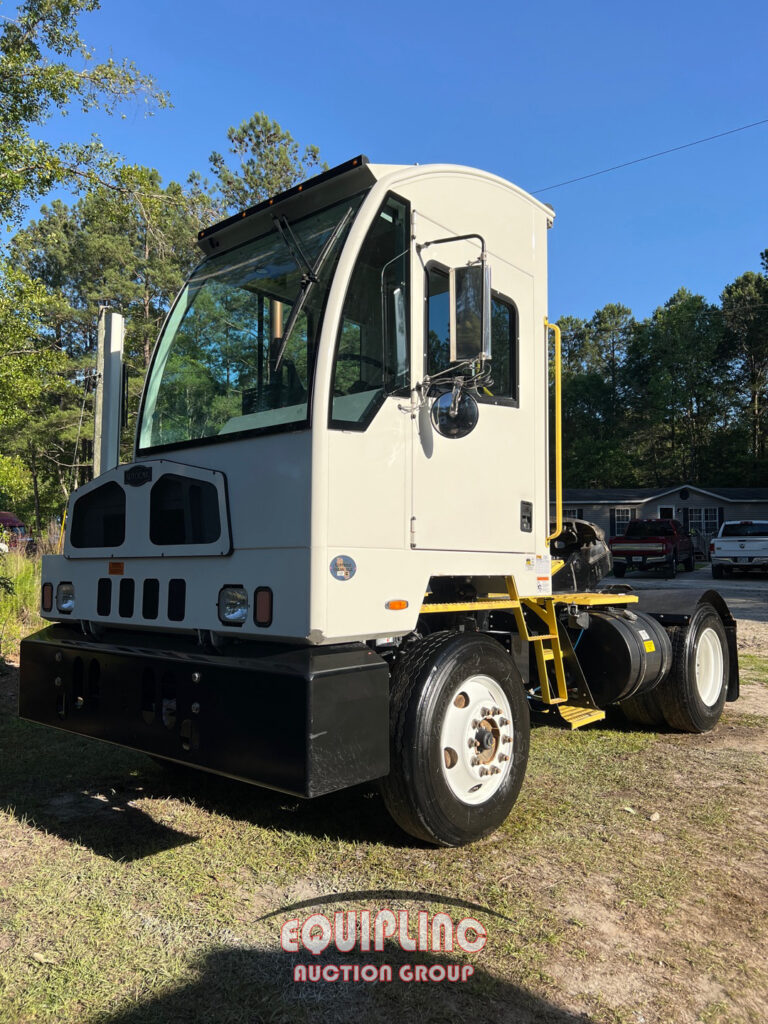CNG Box Trucks For Sale: Navigating the Market for Eco-Friendly and Economical Fleet Solutions
CNG Box Trucks For Sale: Navigating the Market for Eco-Friendly and Economical Fleet Solutions cars.truckstrend.com
In an era increasingly focused on sustainability and cost-efficiency, Compressed Natural Gas (CNG) box trucks are emerging as a compelling alternative to traditional gasoline and diesel vehicles. For businesses involved in local delivery, last-mile logistics, moving services, or any operation requiring a reliable medium-duty truck, the shift to CNG offers significant environmental advantages and often substantial operational savings. This comprehensive guide aims to illuminate the landscape of "CNG Box Trucks For Sale," providing a deep dive into their benefits, what to consider when buying, where to find them, and how to make an informed purchase.
Why Choose CNG Box Trucks? The Benefits Unpacked
CNG Box Trucks For Sale: Navigating the Market for Eco-Friendly and Economical Fleet Solutions
The decision to invest in a CNG box truck is driven by a powerful combination of ecological responsibility and economic foresight. Understanding these benefits is the first step toward embracing this clean fuel technology.
- Environmental Advantages: CNG burns cleaner than gasoline or diesel, resulting in significantly reduced emissions. This includes lower levels of nitrogen oxides (NOx), particulate matter (PM), carbon monoxide (CO), and greenhouse gases like carbon dioxide (CO2). For companies striving to meet sustainability goals or operating in areas with strict emissions regulations, CNG offers a tangible pathway to a greener fleet. Its quieter operation also contributes to reduced noise pollution, particularly beneficial for urban deliveries.
- Economic Advantages:
- Fuel Cost Savings: Historically, natural gas has been more stable and often cheaper per gasoline gallon equivalent (GGE) than gasoline or diesel. While prices fluctuate, the long-term trend often favors CNG, leading to considerable fuel savings over the truck’s lifespan.
- Government Incentives & Rebates: Many federal, state, and local governments, along with utility companies, offer incentives, tax credits, and grants for purchasing alternative fuel vehicles, including CNG trucks. These can significantly offset the initial purchase price, making CNG a more attractive option.
- Reduced Maintenance Costs: CNG is a cleaner-burning fuel, which translates to less carbon buildup in the engine. This can lead to extended oil change intervals, reduced wear and tear on engine components, and potentially lower overall maintenance costs compared to diesel engines, which often require complex emissions control systems.

- Operational Advantages: CNG vehicles are often preferred for their performance in stop-and-go urban environments. They typically offer smooth power delivery and quick starts, well-suited for delivery routes. Furthermore, the positive public image associated with operating a "green" fleet can enhance a company’s brand reputation and appeal to environmentally conscious customers.
Key Considerations When Buying CNG Box Trucks
While the benefits are compelling, a prudent buyer must also consider specific factors unique to CNG vehicles to ensure a successful transition.

- Fueling Infrastructure: This is arguably the most critical consideration. Before committing to CNG, thoroughly assess the availability of CNG fueling stations along your typical routes and within your operating radius. While the infrastructure is growing, it’s not as ubiquitous as gasoline or diesel. Explore public access stations, private fleet fueling options, or even the possibility of installing your own slow-fill or fast-fill station if your fleet size warrants it.
- Initial Purchase Cost: CNG box trucks, especially new ones, can have a higher upfront purchase price than their conventional fuel counterparts. This premium is due to the specialized fuel systems, high-pressure tanks, and often lower production volumes. However, remember to factor in potential incentives and the long-term fuel and maintenance savings that can offset this initial investment.
- Range & Payload: CNG tanks are larger and heavier than conventional fuel tanks, which can impact a truck’s available payload capacity and driving range. While advancements are continually improving tank design and efficiency, it’s crucial to evaluate if a CNG truck’s range aligns with your daily operational needs without requiring frequent refueling stops or compromising payload.
- Maintenance & Servicing: While overall maintenance costs can be lower, servicing CNG vehicles requires specialized training and equipment. Ensure that your chosen service provider or in-house mechanics are certified to work on CNG fuel systems. The components are different, and proper handling is essential for safety and longevity.
- Resale Value: The market for used CNG trucks is growing but is still more niche than for conventional trucks. Resale value can vary depending on local demand, fueling infrastructure growth, and the truck’s condition and remaining tank life.

Types of CNG Box Trucks Available
The market for CNG box trucks offers various options to suit different business needs and budgets.
- New vs. Used:
- New CNG Box Trucks: Offer the latest technology, full warranties, and often qualify for the most incentives. They come with the assurance of factory-installed CNG systems designed for optimal performance and safety.
- Used CNG Box Trucks: Provide a more budget-friendly entry point. They can still offer significant fuel savings. When buying used, thoroughly inspect the fuel system, tank certification dates, and service records.
- OEM Built vs. Aftermarket Conversions:
- Original Equipment Manufacturer (OEM) Built: These trucks are designed and manufactured by the truck maker with CNG as the primary fuel from the factory. They typically offer seamless integration, optimized performance, and full OEM warranties.
- Aftermarket Conversions: These are gasoline or diesel trucks that have been converted to run on CNG by a third-party certified installer. While they can be a cost-effective way to get into CNG, it’s vital to ensure the conversion was performed by a reputable company, is certified (e.g., EPA or CARB compliant), and does not void the original vehicle warranty.
- Class Sizes and Body Types: CNG box trucks are predominantly found in Class 3 to Class 7 medium-duty segments, suitable for a wide range of applications. They come with various box lengths (e.g., 12-foot, 16-foot, 20-foot, 24-foot) and payload capacities, just like their gasoline or diesel counterparts, allowing businesses to match the truck to their specific cargo and route requirements.
Finding CNG Box Trucks For Sale: Where to Look
Locating the right CNG box truck requires knowing where to search effectively.
- Specialized Commercial Truck Dealerships: Many large commercial truck dealerships now have dedicated alternative fuel vehicle departments or sales staff knowledgeable about CNG trucks. They often carry new OEM models and may have a selection of used CNG trucks.
- Online Marketplaces & Aggregators: Websites like TruckPaper.com, CommercialTruckTrader.com, MyLittleSalesman.com, and GovDeals.com (for government surplus) are excellent resources. Use specific search filters for "CNG" or "natural gas" to narrow down results.
- Fleet Liquidators & Auction Houses: Large corporations or government agencies often sell off their older fleet vehicles, including CNG trucks, through liquidators or public auctions. These can be good sources for used trucks, but require careful inspection.
- Manufacturer Websites: Major truck manufacturers (e.g., Freightliner, International, Hino, Isuzu, Ford, GM) that produce CNG models will list their offerings and sometimes used inventory on their official websites.
- Industry Associations & Forums: Networking with other fleet managers or joining alternative fuel vehicle associations can provide leads on trucks for sale or reputable sellers.
The Buying Process: A Step-by-Step Guide
Purchasing a CNG box truck involves a structured approach to ensure you make the best decision for your business.
- Define Your Needs: Determine your required payload capacity, daily mileage, typical routes, and desired range. This will help narrow down suitable truck classes and specifications.
- Assess Fueling Infrastructure: Map out existing CNG stations near your operating base and along your primary routes. If coverage is sparse, consider the feasibility of installing private fueling or if the long-term savings still justify the occasional detour.
- Research & Compare Models: Look at different manufacturers and models. Compare specifications, engine types, fuel tank capacities, and available features. Read reviews and seek input from other CNG fleet operators.
- Inspect Thoroughly (Especially Used Trucks): For used trucks, a pre-purchase inspection by a certified CNG mechanic is crucial. Check the engine, transmission, brakes, tires, and overall body condition. Critically, inspect the CNG fuel system components, including tanks (check certification dates and for damage), lines, and regulators. Request full service records.
- Test Drive: Always test drive the truck under conditions similar to your typical operation. Pay attention to acceleration, braking, handling, and engine noise.
- Explore Financing & Incentives: Investigate loan or lease options. Crucially, research all available federal, state, and local incentives, grants, and tax credits for alternative fuel vehicles. These can significantly impact your total cost of ownership.
- Negotiate & Purchase: Once you’ve selected a truck, negotiate the price. Ensure all paperwork, including title, registration, and any warranty information (especially for OEM CNG components), is complete and accurate.
CNG Box Trucks For Sale: Estimated Price Ranges (New & Used)
The pricing of CNG box trucks can vary widely based on brand, model, year, condition, mileage, and specific configurations (e.g., box length, liftgate, refrigeration). The table below provides general estimated ranges for common Class 4-6 CNG box trucks. These figures are illustrative and subject to market fluctuations and regional differences.
| Category | Truck Class | Box Length (ft) | Mileage Range (Used) | Condition (Used) | Estimated Price Range (USD) | Key Features / Notes |
|---|---|---|---|---|---|---|
| New CNG Truck | Class 4-6 | 16-24 | N/A | N/A | $80,000 – $140,000+ | Full warranty, latest tech, eligible for new incentives. |
| Used CNG Truck | Class 4-5 | 14-20 | 50,000 – 150,000 | Good | $35,000 – $65,000 | Well-maintained, moderate use, often fleet retirements. |
| Used CNG Truck | Class 4-6 | 18-26 | 150,000 – 250,000+ | Fair | $20,000 – $45,000 | Higher mileage, may require more immediate maintenance. |
| Converted CNG | Class 4-6 | 16-24 | Varies | Varies | $30,000 – $70,000 | Price depends on base truck age/condition and conversion quality. |
Note: Prices do not include potential incentives, taxes, or registration fees. Aftermarket conversions can vary widely depending on the base vehicle and the quality/cost of the conversion kit and labor.
Frequently Asked Questions (FAQ) about CNG Box Trucks
- Is CNG safe? Yes, CNG is a very safe fuel. It’s lighter than air, so in the event of a leak, it dissipates quickly into the atmosphere. CNG fuel systems are built to rigorous safety standards, including high-pressure tanks with multiple safety valves.
- How far can a CNG truck go on a tank? Range varies significantly based on tank size, truck class, payload, and driving conditions. Many medium-duty CNG box trucks offer a range between 200-400 miles on a full tank, comparable to many gasoline or diesel trucks for similar applications.
- What’s the maintenance like for CNG trucks? While specific components differ, overall maintenance can be less frequent for certain items. CNG burns cleaner, leading to less engine wear and longer oil change intervals. However, the high-pressure fuel system components require specialized inspection and servicing.
- Are there incentives for buying CNG trucks? Absolutely. Incentives vary by region and can include federal tax credits, state grants, alternative fuel vehicle rebates, and even utility company programs. It’s crucial to research what’s available in your specific operating area.
- Can I convert my existing diesel/gas box truck to CNG? Yes, it is possible to convert existing gasoline or diesel trucks to run on CNG. This should only be done by a certified and reputable conversion company to ensure safety, performance, and compliance with emissions regulations.
- What is the lifespan of CNG tanks? CNG tanks have a limited lifespan, typically 15-20 years, after which they must be re-certified or replaced. This is an important consideration when buying used trucks, as tank replacement can be a significant cost.
Conclusion
CNG box trucks represent a forward-thinking solution for businesses seeking to reduce their environmental footprint and operational costs. While the initial investment might be higher and fueling infrastructure requires careful consideration, the long-term fuel savings, reduced maintenance, and available incentives often make CNG a highly attractive and sustainable choice. By thoroughly researching your needs, understanding the market, and conducting due diligence, you can confidently navigate the world of "CNG Box Trucks For Sale" and drive your fleet towards a more economical and environmentally responsible future.





